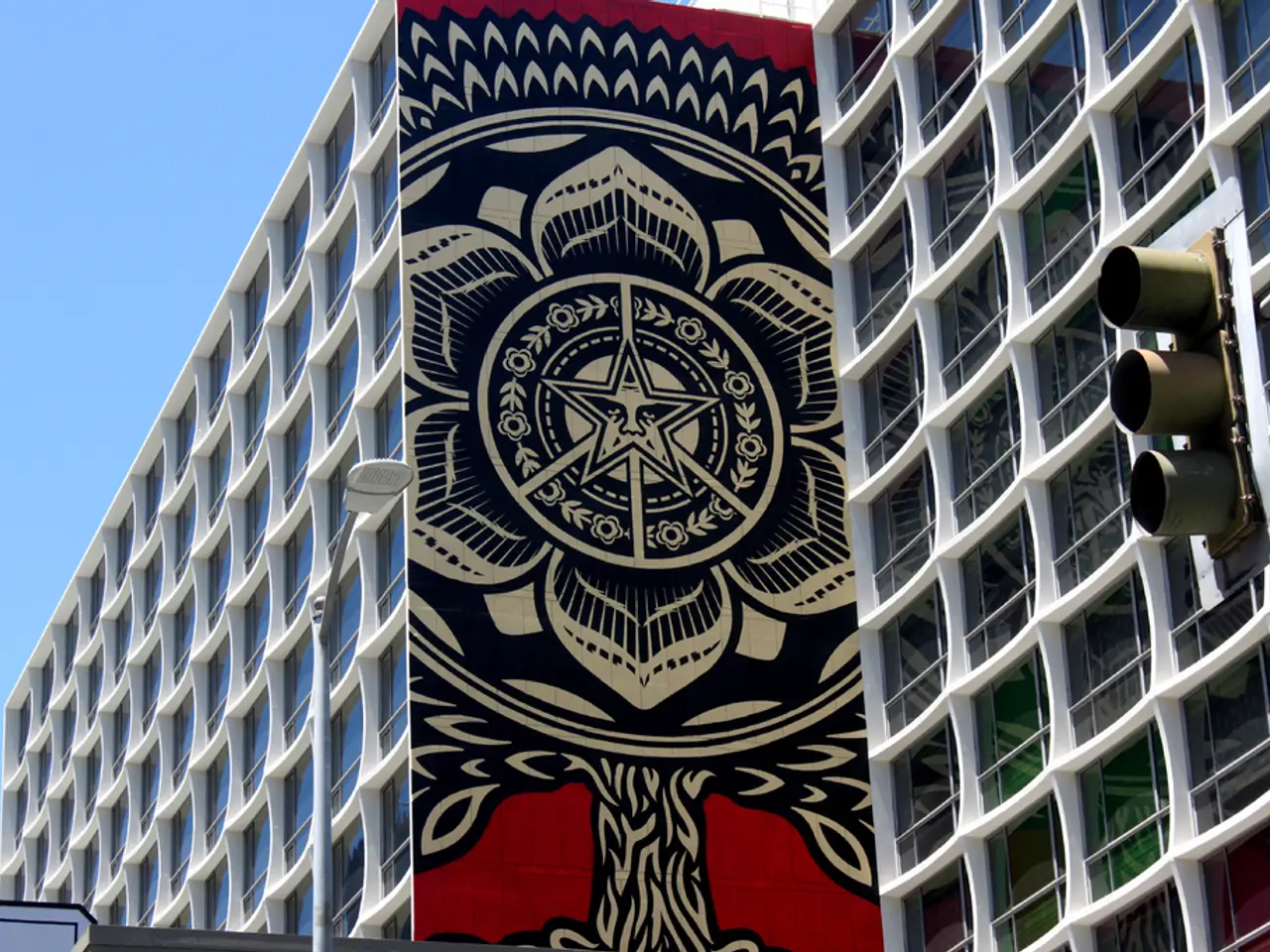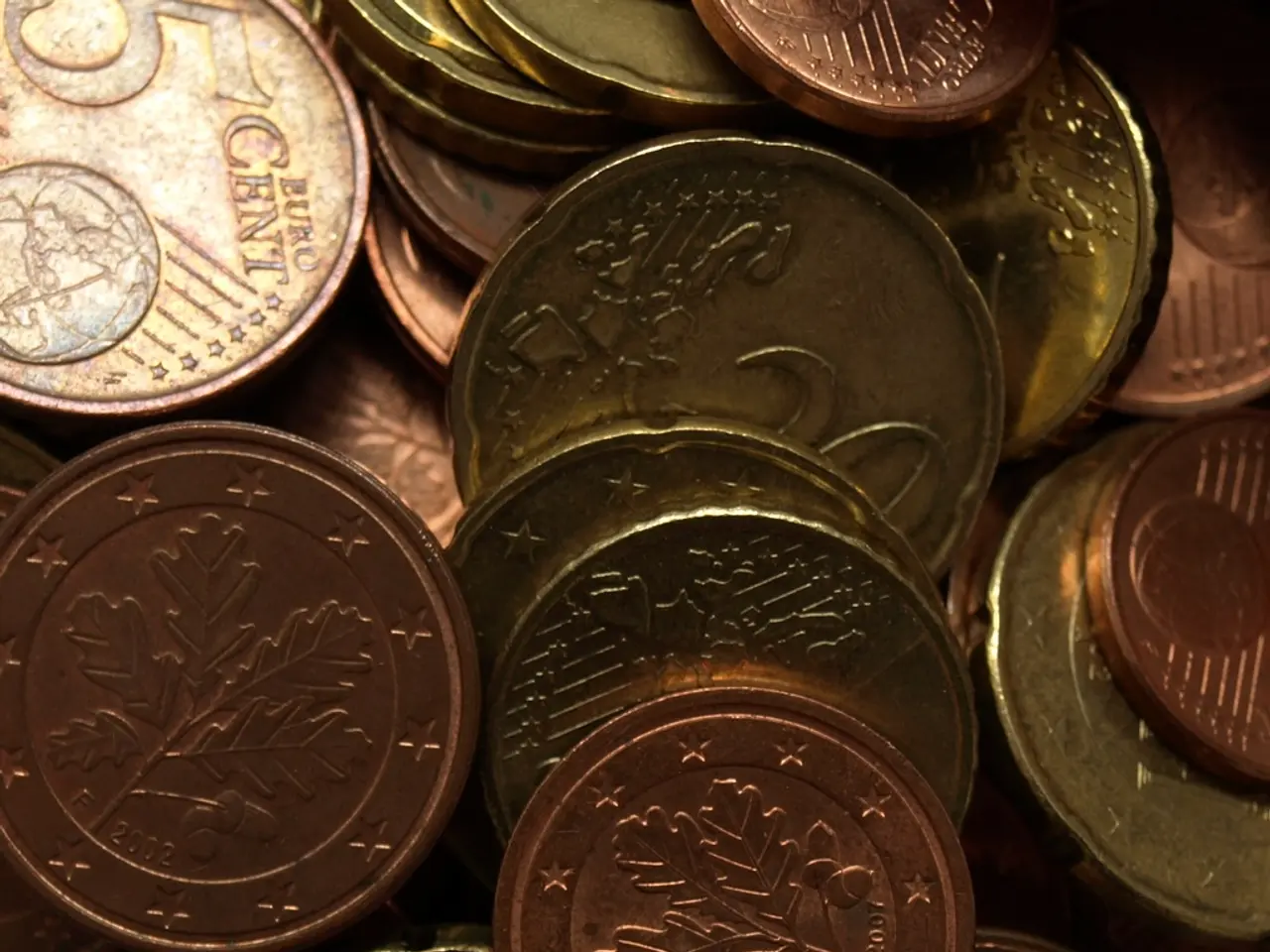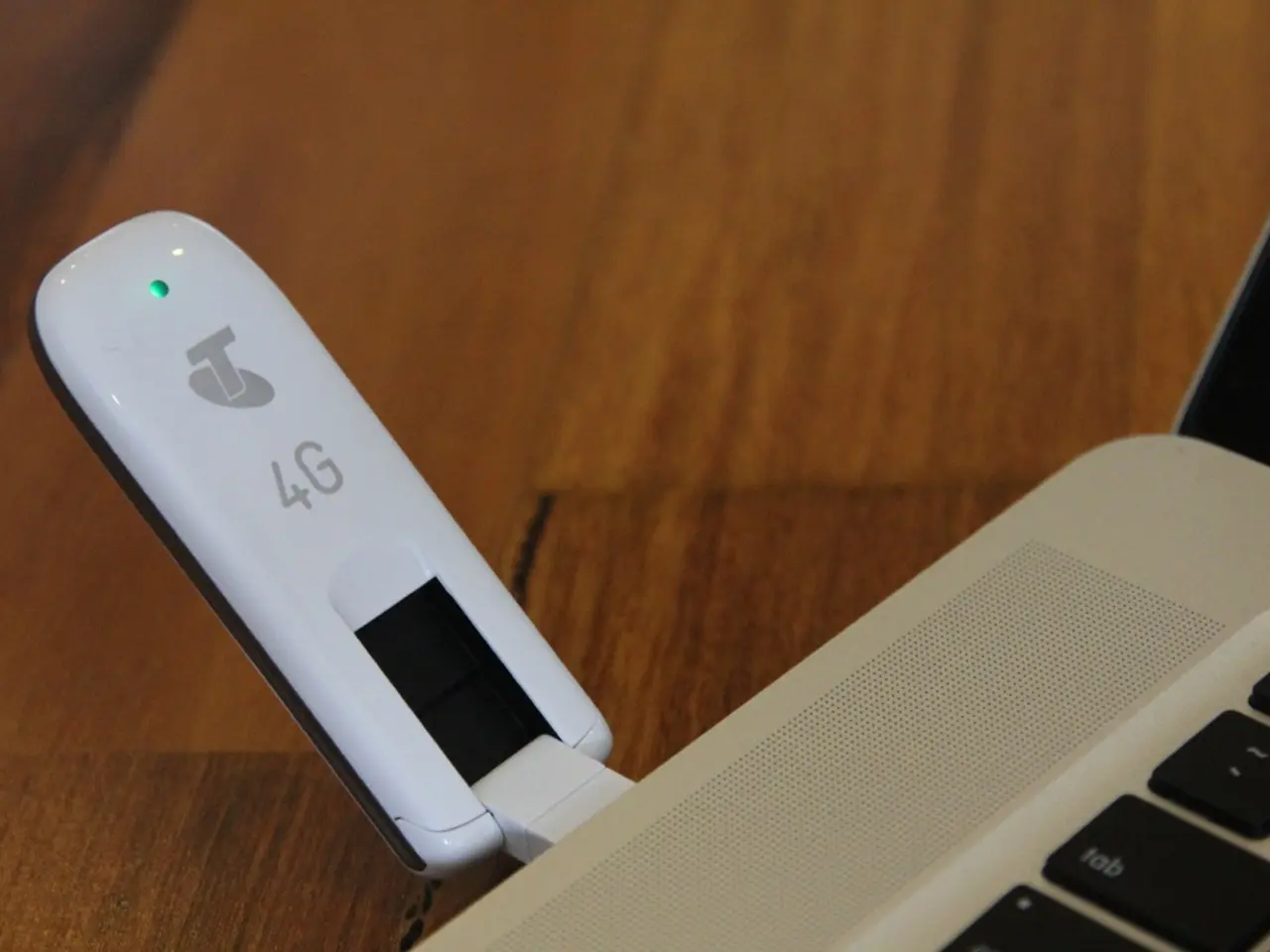Essential telecommunication services in Nigeria are facing irreparable damage, with an escalating trend of vandalism that poses a grave threat to the country's security.
Nigeria Faces Increasing Vandalism of Telecom Infrastructure
Since May 2025, Nigeria has witnessed a significant surge in vandalism of telecom infrastructure, causing widespread disruptions to network services and essential services nationwide.
The average number of incidents per day has risen from two to five, resulting in approximately 445 cases over 88 days[1]. These incidents have affected voice calls, internet, SMS, and USSD services across all major mobile network operators[2].
The states most affected by these vandalism incidents are Delta, Rivers, Cross River, Akwa Ibom, Ogun, Ondo, Edo, Lagos, Kogi, the Federal Capital Territory (FCT), Kaduna, Osun, Kwara, and Kwara[1][2][3][4]. The highest levels have been recorded in Delta, Rivers, Cross River, Akwa Ibom, Ondo, Edo, Kwara, and Kaduna.
The vandalism includes theft and destruction of fiber optic cables, power cables, rectifiers, batteries, diesel generators, solar panels, and other critical equipment[1][2][4]. In many instances, vandals confront site engineers directly, demanding ransom before releasing stolen cables[1].
The impact is severe. Prolonged network blackouts, degradation of service quality, traffic congestion, and millions of subscribers affected threaten essential services such as banking, emergency response, education, and health systems due to their reliance on telecom networks[1][2][3][4].
In response, the Nigerian government and the telecom industry have taken several steps. The Nigerian Communications Commission (NCC) launched a public reporting platform on May 26, 2025, to track vandalism incidents, while telecom operators formed an industry group to coordinate prevention and response strategies since April 2025[2]. ALTON (Association of Licensed Telecommunications Operators of Nigeria) has urgently called for increased government and security intervention to protect infrastructure and prevent further damage[1][2][3].
The Nigerian government issued the Designation and Protection of Critical National Information Infrastructure (CNII) Order in June 2025[5]. The Inspector General of Police oversees the enforcement of the CNII, while the Nigeria Security and Civil Defence Corps (NSCDC) is tasked with safeguarding telecom infrastructure on the ground.
However, no arrests or prosecutions have been reported in relation to the vandalism of telecom infrastructure, despite the increasing cases[1]. Local communities in Nigeria sometimes demand compensation before allowing repairs to take place, further delaying service restoration and increasing operational costs.
Gbenga Adebayo, President of ALTON, has spoken about the escalating nature of the attacks, urging Nigerians to join the fight against the vandalization of telecom infrastructure. He emphasized that damaging these networks is an attack on the economy and national stability of Nigeria[1][2][3].
Telecommunications are now recognized as critical infrastructure under the CNII, and the NCC is leading the implementation of the CNII framework[6]. The Office of the National Security Adviser (ONSA) coordinates the overall strategy for CNII implementation.
In conclusion, the vandalism of telecom infrastructure in Nigeria poses a significant threat to the nation's economy and security. It is crucial for the government, security agencies, and the public to work together to combat this issue and protect this vital infrastructure.
[1] NCC (2025). Report on Telecom Infrastructure Vandalism. Retrieved from https://www.ncc.gov.ng/reports/ [2] ALTON (2025). Press Release: Urgent Call for Action Against Telecom Infrastructure Vandalism. Retrieved from https://www.alton.org.ng/press-releases/ [3] Adebayo, G. (2025). Interview on the escalating vandalism of telecom infrastructure. Retrieved from https://www.bbc.co.uk/news/world-africa-56963690 [4] DSS (2025). Intelligence Report: Emerging Threats to Critical National Information Infrastructure. Retrieved from https://www.dss.gov.ng/intelligence-reports/ [5] Federal Government of Nigeria (2025). Designation and Protection of Critical National Information Infrastructure (CNII) Order. Retrieved from https://nigeria-law-bulletin.com/designation-and-protection-of-critical-national-information-infrastructure-cnii-order/ [6] NCC (2021). Critical National Information Infrastructure (CNII) Framework. Retrieved from https://www.ncc.gov.ng/policy-regulation/cnii-framework/
The escalating incidents of vandalism have caused damage to vital technology infrastructure, including fiber optic cables, power cables, and other critical equipment. Significant disruptions to network services, such as voice calls, internet, SMS, and USSD services, have resulted from these vandalism incidents, posing a threat to essential services like banking, emergency response, education, and health systems.




